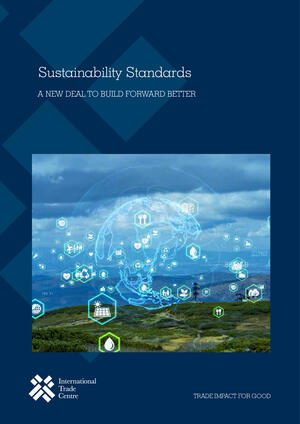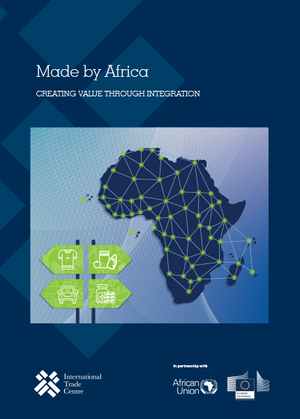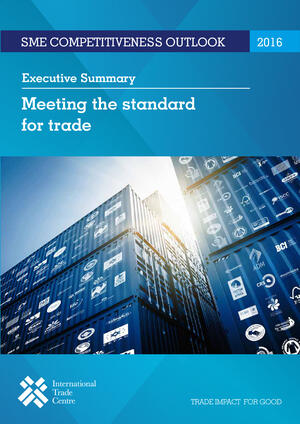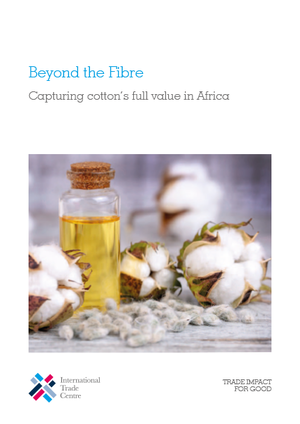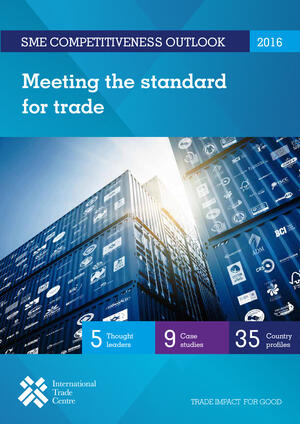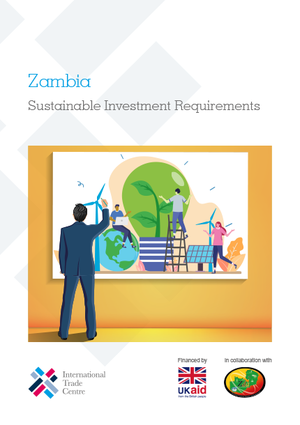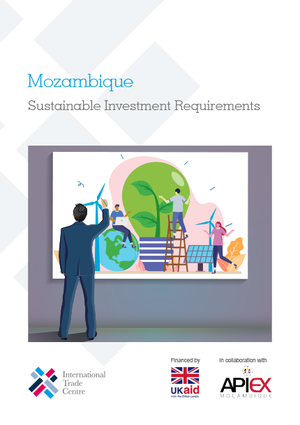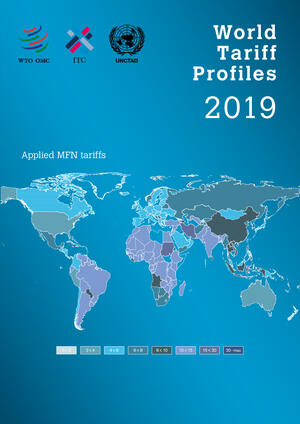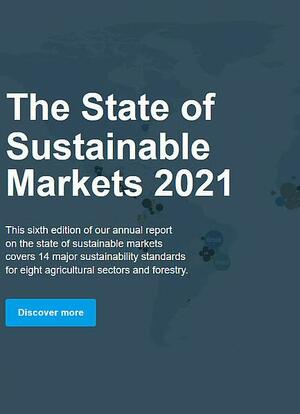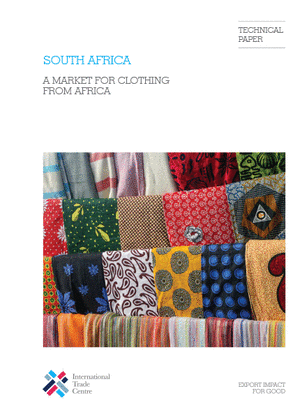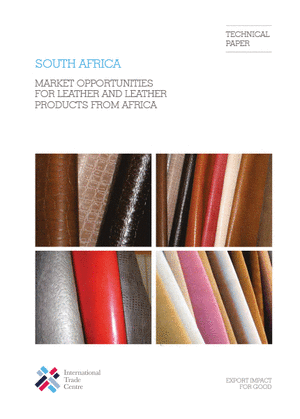Made by Africa
Pharmaceuticals, baby food, cotton clothing and cars are the four focus value chains of this report.

See how our work is featured in the media, receive the latest updates from the field directly into your inbox, or view our global collection of photos, videos and podcasts.

We provide tailored support, aligned with national objectives, to grow trade opportunities for micro, small and medium businesses in developing countries.

Our market analysis and resource solutions will help you review crucial trade related information in over 200 countries and territories.

We aim to bring prosperity, inclusiveness and sustainability to developing countries through trade-related development assistance.
ITC publications bring the business voice to sustainable trade, with a focus on developing countries. We offer guidance for trade policymakers, business support organizations and small firms. Our reports offer insights to make trade more inclusive, green, digital and competitive.
Cotton by-products – such as cottonseed oil and oilcakes – can contribute meaningfully to reducing poverty, creating jobs and increasing economic growth in Africa. These derivatives can represent up to 30% of the value of seed cotton. Yet oil and cakes have not been fully exploited, despite a...
The design of governance structure of social and environmental sustainability standards determines how accessible they are to producers in developing countries.The increase in consumer demand for sustainable trade has given rise to a growing array of social and environmental standards. This joint...
Jointly published by ITC, WTO and UNCTAD, this annual report presents tariff-based market access conditions for goods imposed by 164 WTO Members and other countries. The report contains aggregated product statistics, tariffs imposed and faced by each economy, and an overview of non-tariff...
The State of Sustainable Markets 2021 is the sixth edition of the annual report on the status of sustainable markets, which the International Trade Centre (ITC) has been publishing jointly with the Research Institute of Organic Agriculture FiBL and the International Institute for Sustainable...
The clothing industry can be an important employment generator for many African countries. Clothing imports into South Africa rose over a five-year period to US$ 1.1 billion in 2009, making it the world’s twenty-fifth largest importer of this product group. Most imports were from Asia. However,...
The sector for leather and leather products plays an important role in many of the poorest countries in Africa, and leather manufacturing can be a significant employment generator in a number of these countries. While leather imports into South Africa declined over five years to only US$ 109 million...
